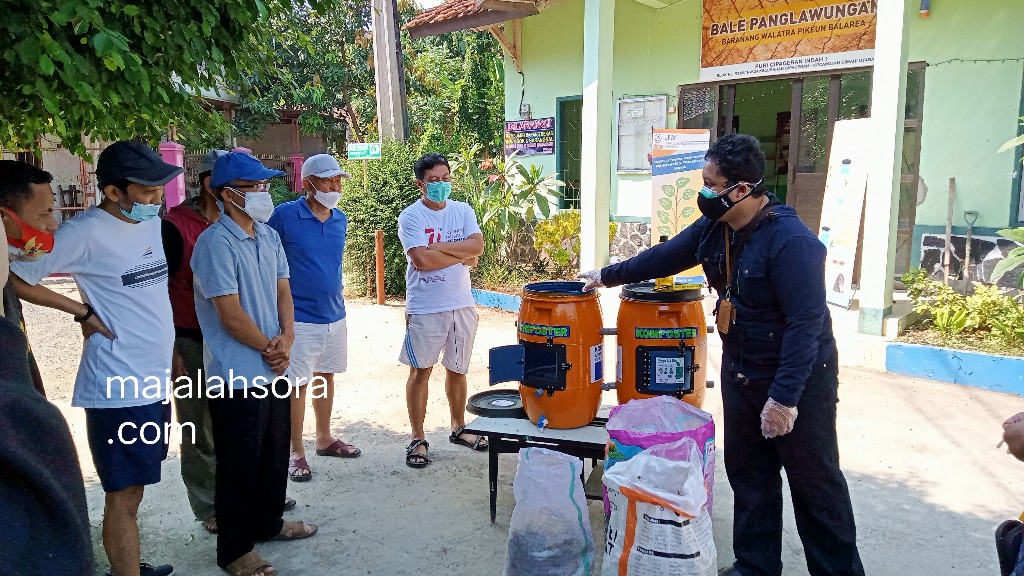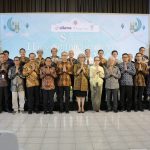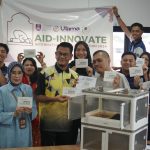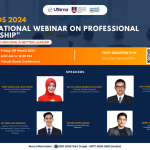It is known that the amount of waste originating from the activities of residents in urban areas is very large. It is also suspected to be a potential source of methane gas.
Methane gas is one of the greenhouse gases (GHG) that can cause the greenhouse effect, as the cause of global warming.
Currently, the problem of waste in various areas, especially in urban areas, is increasingly complicated.
Starting from the increasing volume of waste so that it cannot be accommodated by local TPS. As well as the problem of air pollution caused by piles of garbage that are not transported.
Another problem is the lack of public knowledge about the utilization of waste, both organic and inorganic with waste recycling efforts.
Seeing these problems, Widyatama University Civil Engineering tries to implement science within the scope of environmental engineering, namely the utilization of organic waste into compost with the help of KOMMA (Main Civil Simple Composter).
The goal is to manage organic waste into something useful and reusable by applying the 3R principle (Reduce, Reuse, Recycle).
The location that was used as an example in this activity as well as community service (PKM) UTama, was held at the Puri Cipageran Indah Complex 1 Block H-6, CIpageran Village, North Cimahi District, Cimahi City, Sunday (5/9/2021).
This is done face-to-face with local residents. In its implementation, the health protocols are still applied.
“This PKM program is our routine activity from the Main Civil Engineering Study Program. The aim is to help provide scientific insights and recommendations to the public on the current phenomena,” said Yanyan Agustian, PhD, Head of the UTama Civil Engineering Study Program, Tuesday (7/9/2021).
Then Yanyan explained that in the PKM the Civil Engineering Study Program UTama socialized efforts to utilize organic waste into compost with the help of KOMMA tools.
“The principle of work is simple, you only need to collect organic waste (leaves, or food scraps) and then give the decomposer liquid and mix it well. Finally inserted into the Composter. We are waiting for the results in 3-4 weeks. Later, liquid fertilizer and solid fertilizer will be produced which can be directly reused to fertilize the residents’ crops,” said Yanyan.
If the results are good, the “KOMMA” tool will be made for larger organic waste cubication.
The PKM, said Yanyan, was attended by RT management, local community leaders, students including lecturers from the UTama Civil Engineering Study Program.
In the PKM activity, UTama Civil Engineering Study Program also showed how to use the “KOMMA” tool and socialized what benefits could later be obtained with the “KOMMA” tool from UTama.
In the future, it is hoped that with the “KOMMA” tool, waste problems, especially in the Puri Cipageran Indah Complex 1 Block H-6, Cipageran Village, will be more controlled and efficient. At the same time, it can increase the economic value for residents from the results of recycling the waste.
During the PKM activity, Kuswandi, one of the residents, revealed that the presence of “KOMMA” residents of the Puri Cipageran Indah Complex 1 Block H-6, Cimahi City, was greatly helped.
“We are very happy and grateful to the UTama Civil Engineering Study Program for being willing to contribute ideas and innovations. Hopefully this “KOMMA” tool can help with the problem of controlling organic waste in our environment,” said Kuswandi.
“So that there will be no more problems with waste that is not transported and accommodated at TPS,” he added.
(Source : majalahsora.com)

